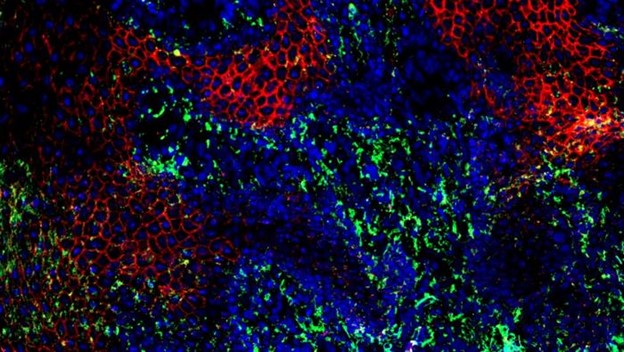Defective signaling by exosomes in diabetic patients may drive inflammation and impair healing of wounds, new research suggests. Writing in Nano Today, University of Pittsburgh and UPMC researchers say thay faulty exosomes can’t deliver vital information to cells that promote wound healing.
“In patients with diabetes, wound healing is impaired because of excess inflammation,” said co-senior author Dr. Chandan Sen, Ph.D., director of the McGowan Institute for Regenerative Medicine, professor of surgery and plastic surgery at Pitt and chief scientific officer of UPMC Wound Healing Services. “Left untreated, these non-healing, or chronic, wounds can lead to limb amputations. More than 100,000 diabetes-related amputations occur in the U.S. each year, but by understanding more about wound healing and developing new therapies, our goal is to bring down this number.”
The research team collected and analyzed wound fluid from chronic wounds of 22 diabetic and 15 non-diabetic patients. They isolated and analyzed exosomes, showing diabetic exosomes, which the researchers dubbed diaexosomes, had different contents of RNA, lipids and proteins than exosomes from non-diabetics. When the researchers incubated non-diabetic macrophages with exosomes, the macrophages produced compounds associated with resolution of inflammation. When exposed to diaexosomes, macrophages produced pro-inflammatory compounds.

Skin cells at the edge of a diabetic wound. Red and green depict two proteins involved in the release of exosomes from these cells. CREDIT: SUBHADIP GHATAK
